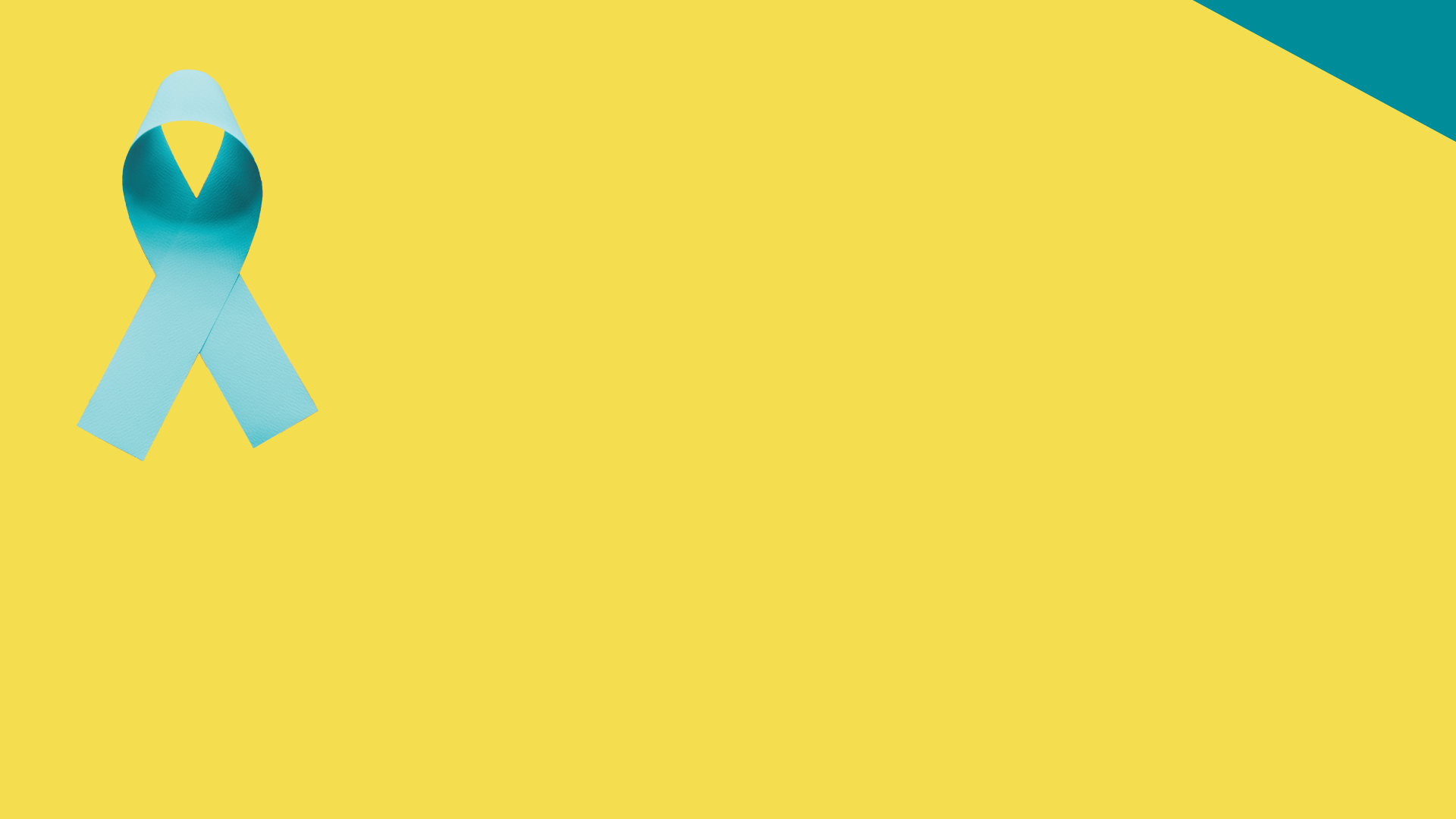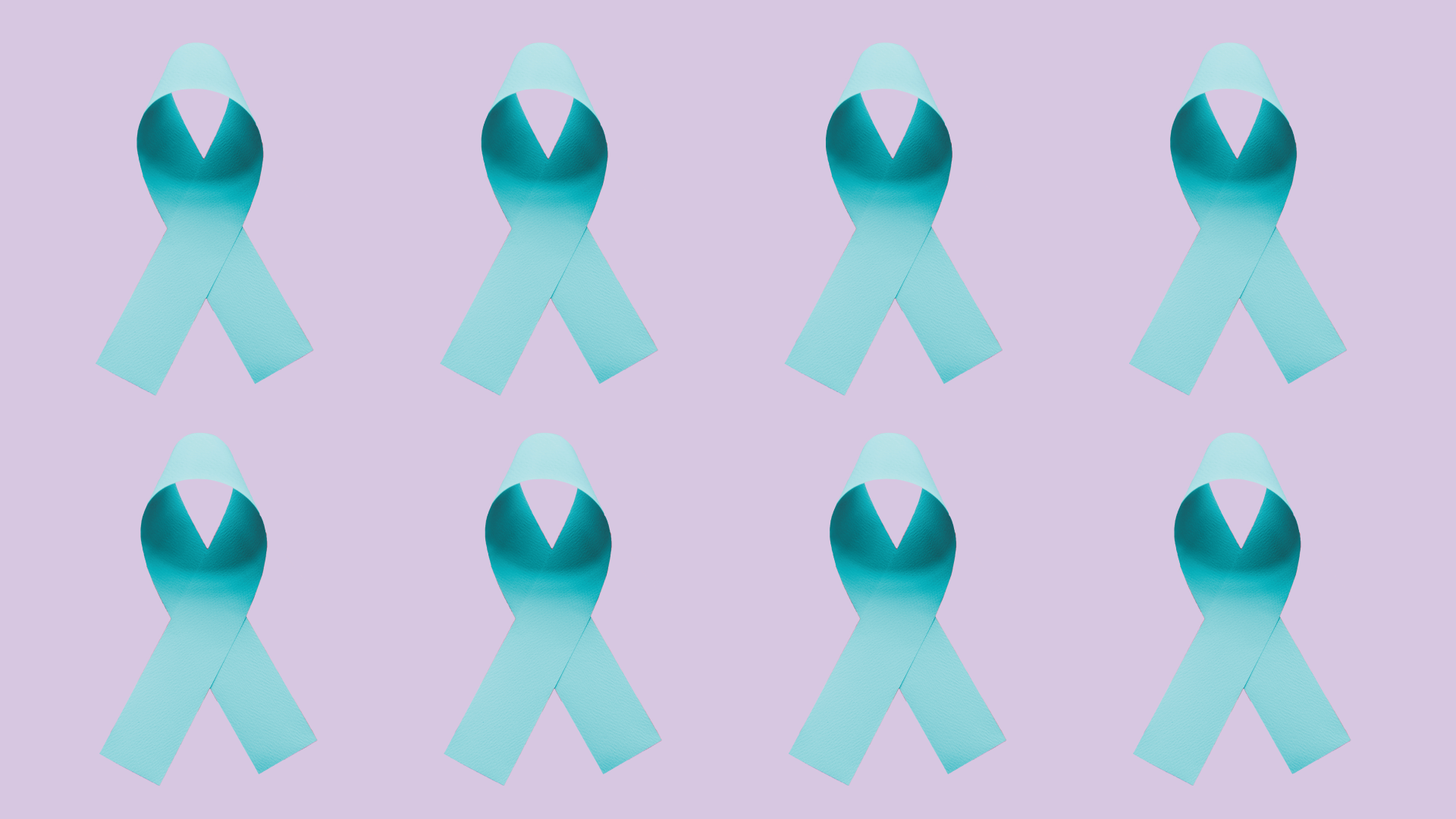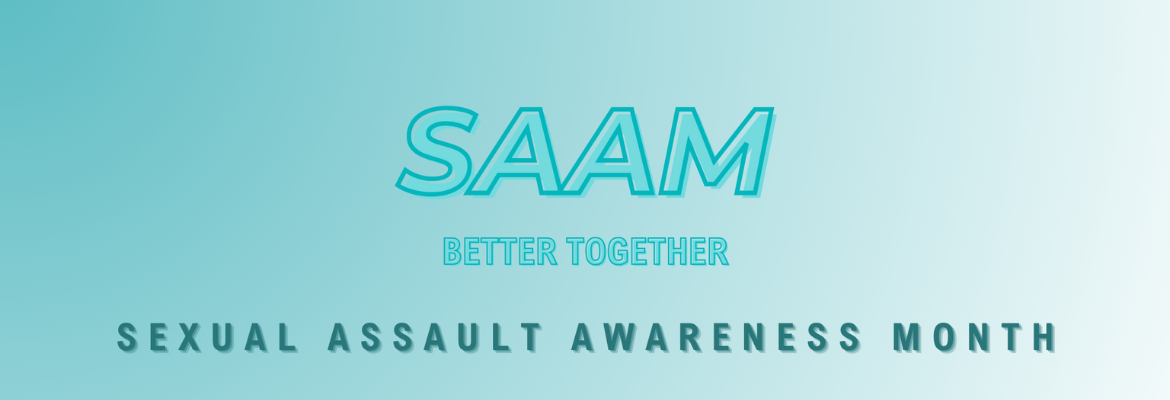- April 1-30, 2024
- Various Locations
- Hosted By: Student Development
Cost and Admission
This event is free to attend.
2024 Theme: Better Together
The purpose of Sexual Assault Awareness Month (SAAM) is to raise awareness of sexual violence and educate communities on how to prevent it. This year, we invite our Biola community to gather around each other because we are stronger, more connected, and better together. This extends through the continuous practice of consent in everyday life as well as consent in online contexts and situations. Understanding the importance of caring for ourselves, our bodies, our souls, and our own safety. Learning healthy boundaries and signs of unhealthy and healthy relationships. Living the importance of loving and respecting ourselves and others.
The internet has become and is still a primary platform for connection. Technology continues to connect us with family, friends, and people all over the world. Therefore, it continues to be on us Biola to stop, remedy, and prevent sexual assault in both our virtual and in-person- communities. The National Sexual Violence Resource Center (NSVRC) informs us that forty-one percent (41%) of Americans have been personally subjected to harassing behavior online, and an even larger share (66%) have witnessed these behaviors directed at others. We called on our Biola community to practice digital consent, intervene when we see harmful content and behaviors, and promote online and in-person communities that value safety and respect.
The NSVRC informs us that we can stop sexual harassment and abuse before it happens by addressing the bigger picture in which it occurs. The driving forces behind sexual violence can be hard to see, but they’re often based on attitudes, norms, and social systems that support the unequal treatment of certain groups over others. That’s why making changes to communities is important when preventing sexual assault and harassment. Preventing sexual violence means understanding our roles as individuals to interrupt problematic behaviors and address the root causes. Learning how to communicate well with one another is a key component. Biola continues to cultivate a community of care centered on respect, inclusion, and safety where harassment, assault, and abuse are taken seriously. Together we can show survivors they are believed and supported. Let’s protect each other.
Questions?
Contact Sandy Hough at:
sandy.hough@biola.edu
History of SAAM
The roots of Sexual Assault Awareness Month (SAAM) run deep, from the Civil Rights Movement to the founding of the first rape crisis centers, to national legislation and beyond. When you look into the movement to end sexual violence it is clear that it is impossible to prevent an issue no one knows about, and it’s difficult to make people aware of a problem without providing a solution. Movements began to gain traction in the 1940s and 50s with the Civil Rights era. Open discussion of the realities of sexual assault and domestic violence were limited at these times. Efforts during this time were championed by Black women and women of color. Advocates like Rosa Parks worked at the intersections of race-based and gender-based violence.
Wide social activism around the issue of sexual assault continued into the 1970s, bringing with it support for survivors and heightened awareness. The first rape crisis center was founded in San Francisco in 1971, the same city where the first U.S. Take Back the Night event was held seven years later. The following decades mobilized survivors and advocates to call for legislation and funding that would support survivors, such as the Violence Against Women Act of 1933 (VAWA). Monumental changes like VAWA demonstrated that national efforts promoting sexual violence prevention were needed. Even before SAAM was first nationally observed in 2001, advocates had been holding events, marches, and observances related to sexual violence during the month of April, sometimes during a week-long “Sexual Assault Awareness Week.”
In an effort to further coordinate awareness and prevention efforts, in 2000, the newly launched National Sexual Violence Resource Center (NSVRC) and the Resource Sharing Project polled sexual violence coalitions. They asked about their preferred color, symbol, and month for sexual assault awareness activities. The results showed that those in the movement preferred a teal ribbon as a symbol for sexual assault awareness, and SAAM as we know it was born.
Thanks to NSVRC for this information.
Schedule
- Entire Month of April
- Be part of the from NSVRC. Download a PDF of the .
- Practice self-care by watching videos from the .
- Wear teal or your SAAM T-shirt and post a picture on social media with #SAAM2024
- Monday, Apr. 8, 10 a.m.-2 p.m. — It's On Us Video
- Location: Fluor Fountain
- Description: Come to Fluor Fountain and participate in recreating the "It's On Us" video
- Monday, Apr. 8, 7-8:30 p.m. — Self Defense Workshop
- Location: Kim Dining Room (by the Cafeteria)
- Description: A workshop designed to equip women with verbal and physical self-defense tactics brought to you by Timothy Muehlhoff
- Monday, April 15 at 10 a.m.-2 p.m. — Clothesline Project and Activity
- Location: Fireside Pavilion
- Description: Learn about the Clothesline Project and show your support for Sexual Assault Awareness with hand painting. (Content Warning: may be exposed to sensitive material)
- Location: Fireside Pavilion
- Monday, April 15, 7-8:30 p.m. — OC United Panel
- Location: Business 206
- Description: What are the signs of verbal, physical, and emotional abuse that we need to watch out for in our own relationships and in those of family and friends?
- Monday, April 22: Denim Day Observed
- Location: Fluor Fountain
- Description: Make your own self care kit and use the items to practice taking care of your well-being. Also wear your denim and learn more about what Denim Day represents.
- Monday, April 22: RADS Women's Self Defense
- Location: Kim Dining Room (by the Cafeteria)
- Description: The Women's Self-Defense Training is a program of realistic self-defense tactics and techniques for women brought to you by Chief O and the Campus Safety team
- Wednesday, April 24, 10 a.m. — Denim Day
- Location: Bells Walkway
- Description: Wear with a Purpose! Join millions of people on April 24, 2024, and wear jeans with a purpose, support survivors, and educate yourself and others about all forms of sexual violence. Post a picture on social media using #SAAM2024. Come take a group photo at 10:00am with your Denim and Teal and show your support.
Student Resources
- Participate on Social Media: Post a pic wearing teal or your SAAM T-Shirt and tag şÚÝ®ĘÓƵ’s Instagram account throughout the month of April.
- Hashtags: #SAAM2024, #SAAM, #30DaysofSAAM
- NSVRC Resources “Building Online Safe Spaces Together”
- Use these zoom backgrounds during our Focus Week

Download

Download - Resources from Biola’s Updated Sexual Misconduct Policy with new Title IX regulations that took effect August 14, 2020:
- Additional Resources
Faculty and Staff Resources
- Faculty & Staff Join us on April 8th 10:00 am - 2:00 pm at Fluor Fountain: participate in the remaking of “It’s On Us” video.
- Educate yourself on Biola’s Updated Sexual Misconduct Policy with the new Title IX regulations that took effect August 14, 2020 – Sexual Misconduct Policy
- Read the policy and find out if you are a responsible employee and learn how to report and your obligations under federal law.
- Report, Report, Report
- If you know or heard of an incident involving sexual misconduct, report the incident to the university.
- Be aware that you might be a private source, yet not a confidential one to students.
- Confidential Sources for Students on campus:
- The Biola Counseling Center (BCC)
- Biola’s Campus Pastor in Spiritual Development
- Confidential Sources for Students on campus:
- Check out the SAAM schedule and see how you can get involved and encourage student engagement. Learn from the student resources and share them with your students.
- Start conversations on the importance of caring & communicating well with one another.
- Back to the Syllabus
- Remind your students of the “Confidentiality and Sexual Misconduct” section in their syllabus.
- Participate in Social Media
- Post a picture wearing teal or your SAAM T-shirt during the month of April on your department or program Instagram account.

